Year of the Weeds by Siddhartha Sarma is a stunning read guaranteed to keep you on the edge with its smooth pace and simple narration, and promises many chuckles, tears and the feeling of hope, all amalgamated into one. Touted as a YA fiction, it is a must read for the young and adults alike for its theme and writing.
“Time was still not a number for him. Time was in the change of seasons, in the heat of the summer, and the coolness of the rains, the mists of winter. Time was in the growing of plants and in the colours of flowers, and the changing leaves of trees. Korok didn’t have a watch, and he didn’t have a calendar. He had a garden, and that was enough.”
Plot points
A fictionalized account of the agitation of the Dongria Kondhs against the mining of the Niyamgiri hills, Year of the Weeds is set in Deogan, Odisha. It captures the life of Gonds of West Odissa, and the bureaucracy, corruption and the struggle against government, spanning a period of several months.
The point of view is Korok’s, a young, Gondi teenager. Korok has a fairly simple life and routine and works as a gardener at the DFO’s (referred to as epho by Gonds), punctuated with timely visits to Balangir to meet his father (arrested wrongly) in jail and release their bicycle. DFO’s daughter Anchita befriends Korok and she introduces him to a world outside his viilage, including to the use of the computer (kompitar).
When Korok shows Anchita around their Devi Hill, considered sacred by the Gonds, they come across some government officials mapping the land. Once a protected forest land, Devi Hills, rich with bauxite, is now considered by the government for mining at the hands of a “Company”. The only educated lad from Gonds, Jadob, begins measures to counteract the encroachment with their majhi (village headman). Do the Gonds manage to save their land from the encroacher? It is for the reader to find out.
Social elements
The officials keep the marginalized communities in check by falsely arresting and terrorizing them. The corrupt officials themselves work under the orders from some ‘important person’ showcasing the depth of how deep far rooted corruption runs.
In Ghosh’s character we see how a propaganda to overturn the generic sympathy of citizens is executed meticulously. A reflection of our society – an issue catches the media as well as the political eye only long enough to garner attention and vote bank before moving forward. While this is particularly set in Odisha, we could easy alter the location and circumstance and relate to other struggles of people vs the corporate giants. The absence of toilets and teachers in the school for Gonds compels an urban reader to introspect about the social realities of our country.
When Anchita makes a remark on how Korok is using products from plagiarised brands, he is indifferent; he has known his entire life. In DFO’s family we find an honest official, however, prone to transfers. The title, Year of the Weeds, befits the story wherein the allegory of weeds to the problems faced by Gond is striking. There are multiple hard-hitting junctures throughout; like the false arrests, links to Maoists and the wait for rain.
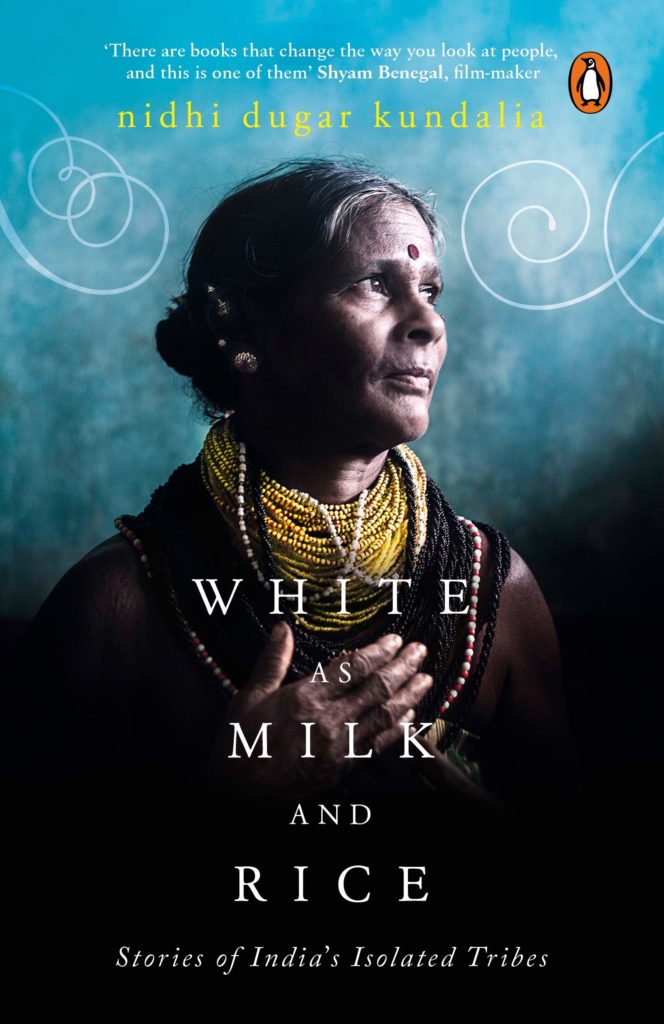
Conclusion and Further reading
With its contemporary appeal of hope, unity and the power of people – I’m sure most readers would relate to the book.
It could be deemed a serious, but important, read for the young readers. In Anchita we learn how to stand up for oneself and from Korok determination, and joy of simpler things in life.
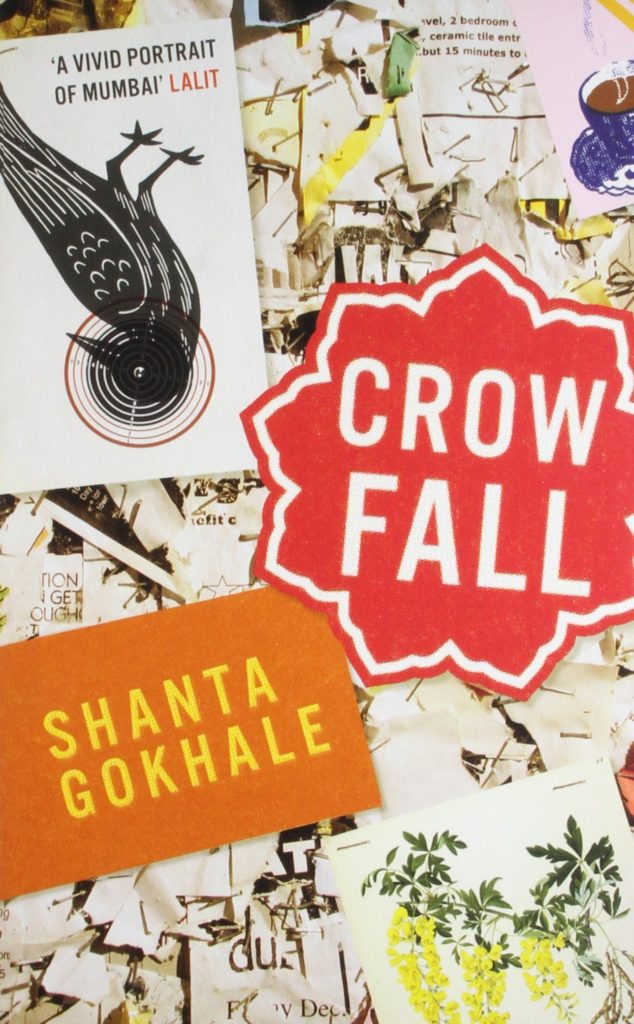
Reading about the communities such as these sensitises us towards their life beliefs, cultures as well as troubles faced. I would also suggest reading ‘White as Milk and Rice: Stories of India’s Isolated Tribes’ by Nidhi Dugar Kundalia giving us an account of 6 lesser known tribes. Havan by Mallikarjun Hiremath gives an overview of the Lambanis from Karnataka. Crowfall by Shanta Gokhale and Dahanu Road by Anosh Irani both have elements from Warli communities.
Favourite quotes
“The Gonds thought they could fight the government. There was no harm in that. Anybody could fight the government if they wanted to. But nobody could ever win against the government.”
Also this one:
“The weeds had returned. After all the work he had done, as the coldest days passed and the ground softened in the sun, the weeds had returned from hiding under the ground. Korok could never win against them. After pulling out a few of the bigger ones, he felt very tired, and felt like crying, so he threw the trowel away and sat on the ground.”
Final Verdict: If you enjoyed watching Swades, this would be a winner! Grab a copy and read it soon!
We encourage you to buy books from a local bookstore. If that is not possible, please use the links on the page and support us. Thank you.














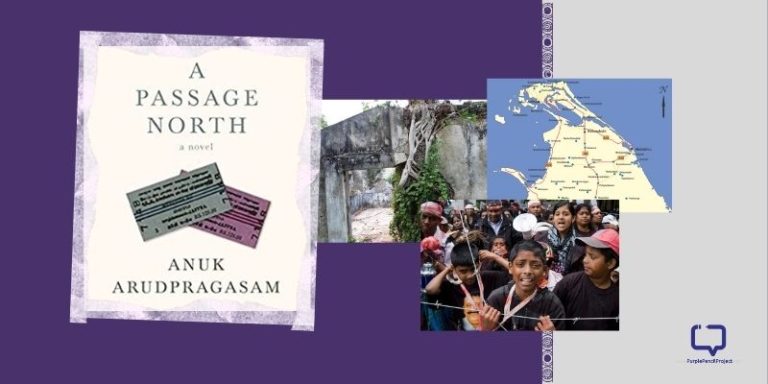

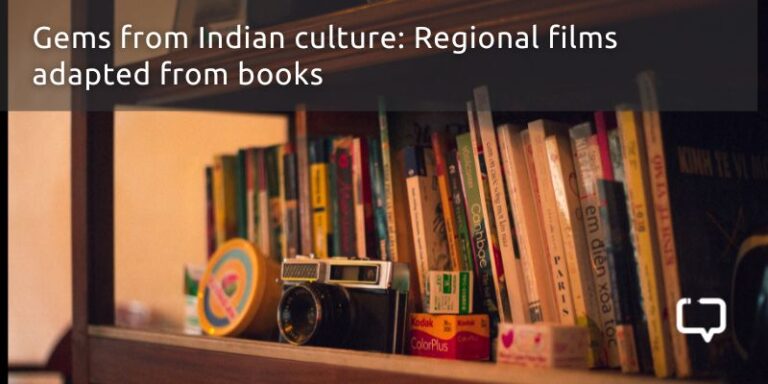


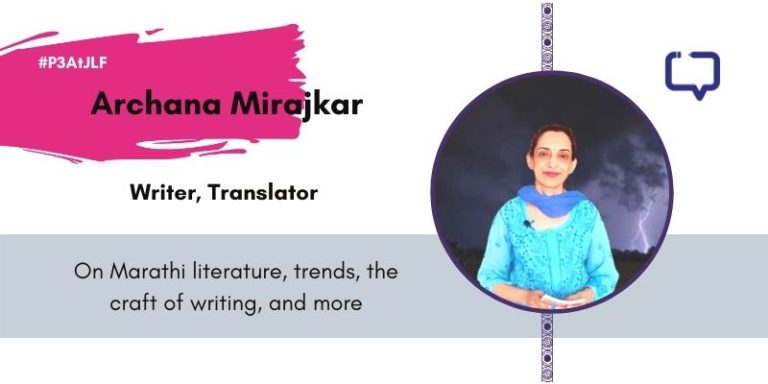
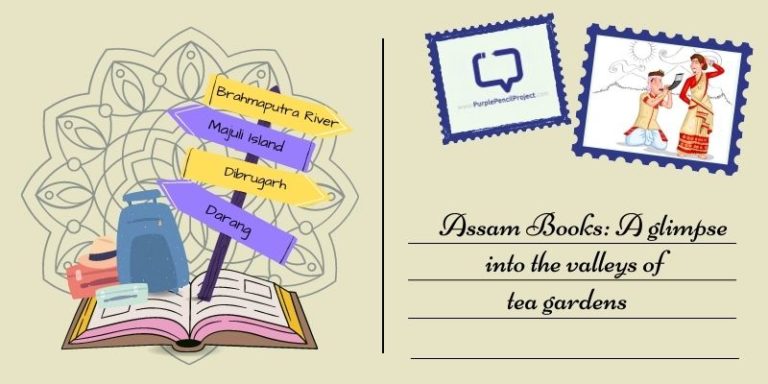
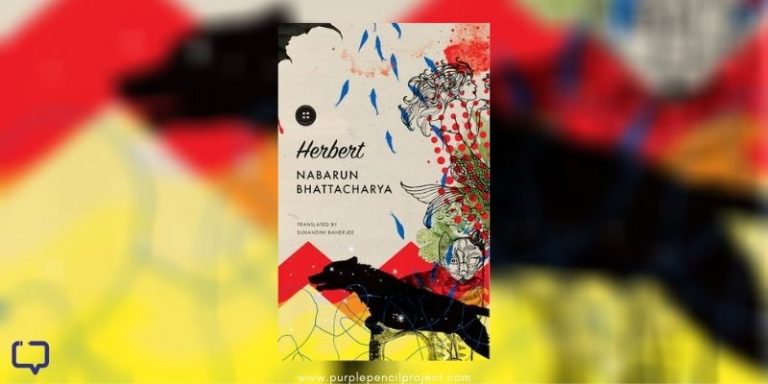

One Response
Will you make a review on True Humanity by sk s.b ahmed.